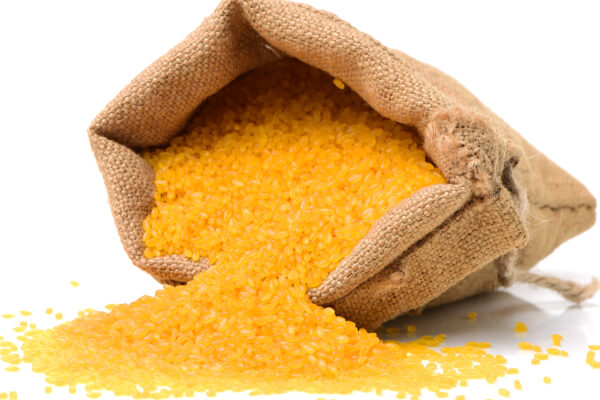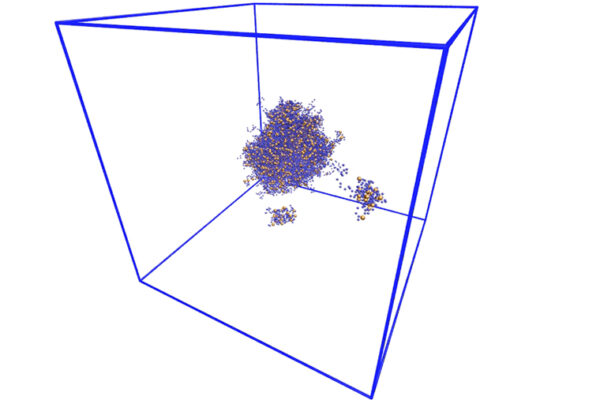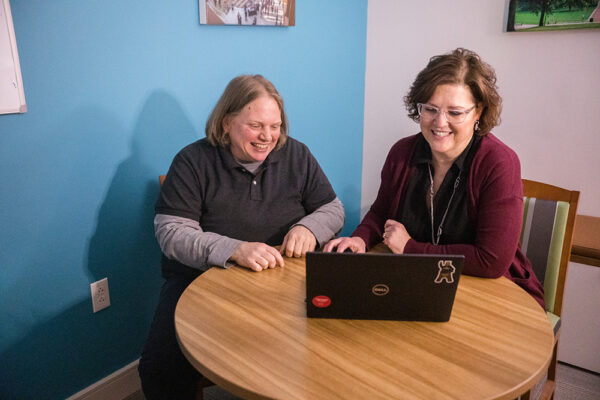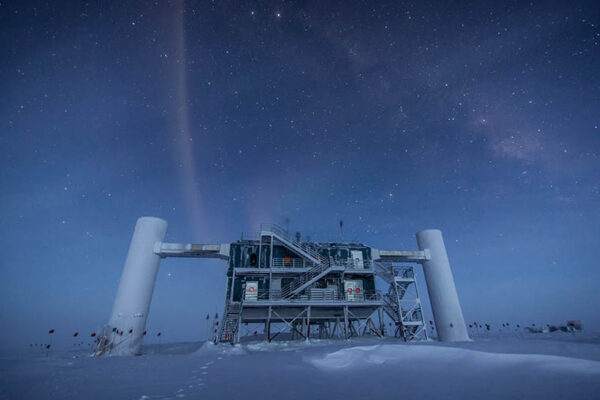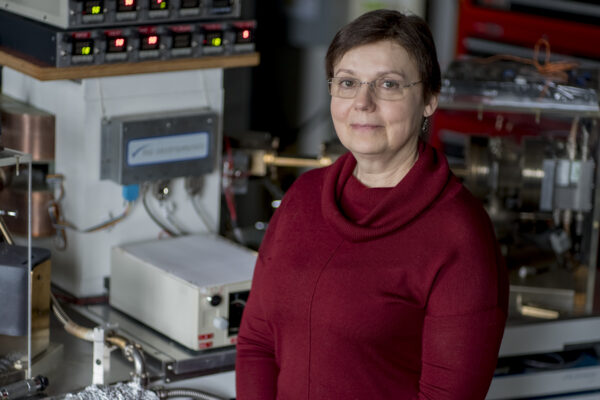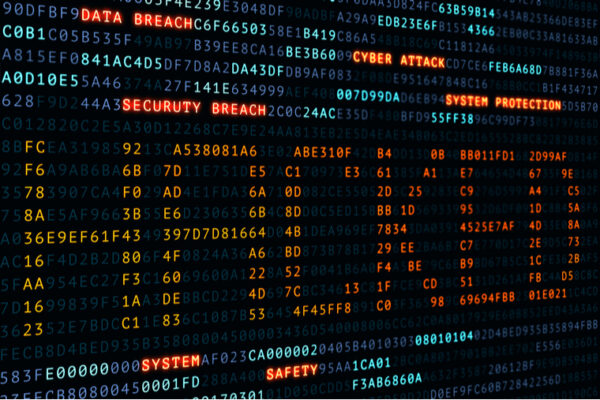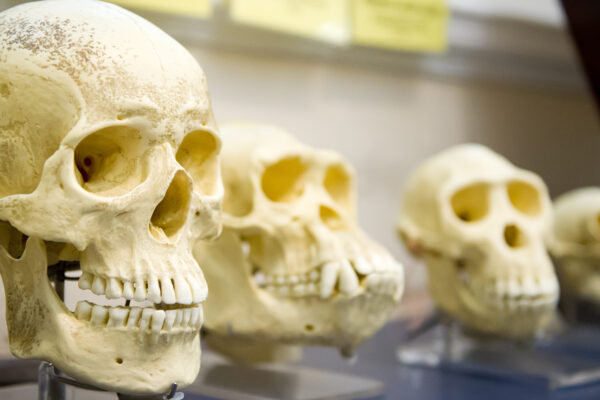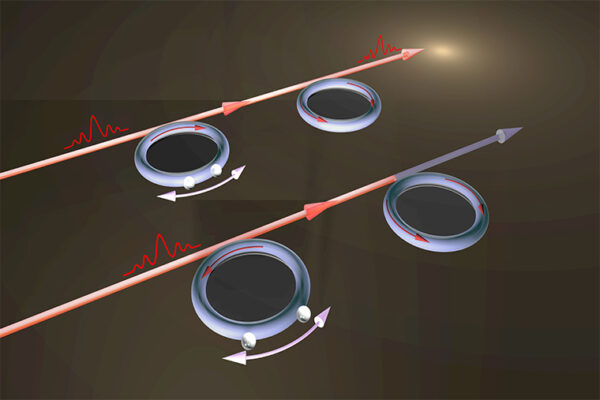Suicidal thoughts in 9- and 10-year-olds correlate to family dynamics
Research from Washington University in St. Louis shows a nontrivial rate of children as young as 9 and 10 years old are thinking about suicide. How their families interact — or don’t — may play a role.
No clear path for Golden Rice to reach consumers
Heralded as a genetically modified crop with the potential to save millions of lives, Golden Rice has just been approved as safe for human and animal consumption by regulators in the Philippines. But a new study by Glenn Davis Stone, professor of sociocultural anthropology and environmental studies in Arts & Sciences, finds that most families affected by Vitamin A deficiency can’t grow Golden Rice themselves, and most commercial farmers won’t grow it either.
Collaboration lets researchers ‘read’ proteins for new properties
A collaboration between the McKelvey School of Engineering and St. Jude Children’s Research Hospital uncovers the underlying rules that, when broken, contribute to neurodegenerative diseases such as ALS.
New partnership streamlines hiring process for LaunchCode grads
Training, and retaining, tech talent is essential to St. Louis’ continued economic growth. A new partnership between Washington University in St. Louis and the nonprofit organization LaunchCode makes the transition from apprentice to full-time employee at the university easier for LaunchCode graduates.
Ultra-high energy events key to study of ghost particles
Bhupal Dev, assistant professor of physics in Arts & Sciences at Washington University in St. Louis, proposes a new way to leverage data from ultra-high energy neutrinos from large neutrino telescopes such as the IceCube Neutrino Observatory in Antarctica.
What a meteorite is teaching us about space history
Presolar grains — tiny bits of solid interstellar material formed before the sun was born — are sometimes found in primitive meteorites. But a noble gas analysis from physicists in Arts & Sciences reveals evidence of presolar grains in part of a meteorite where they are not expected to be found.
WashU Expert: ‘Every application has its vulnerabilities’
Joe Scherrer, director of the Cybersecurity Strategic Initiative at Washington University and a former cybersecurity innovator with the U.S. Air Force, says the cyberattack on Jeff Bezos is nothing unusual, and these kinds of attacks are becoming more common. But there are things you can do to stay safe.
Keeping lead out of drinking water when switching disinfectants
Researchers at the McKelvey School of Engineering at Washington University in St. Louis found that the hazards of switching disinfectants in water systems — increased lead levels — can be mitigated if the change is done correctly.
Green in tooth and claw
Hard plant foods like seeds and nuts may have made up a larger part of early human ancestors’ diet than currently presumed, according to a new experimental study of modern tooth enamel from anthropologists in Arts & Sciences.
Tuning optical resonators gives researchers control over transparency
Using a nanoparticle as a “tuning device,” researchers at the McKelvey School of Engineering have devised a way to control electromagnetically induced transparency — a feature of light which allows it to pass through opaque media.
Older Stories

